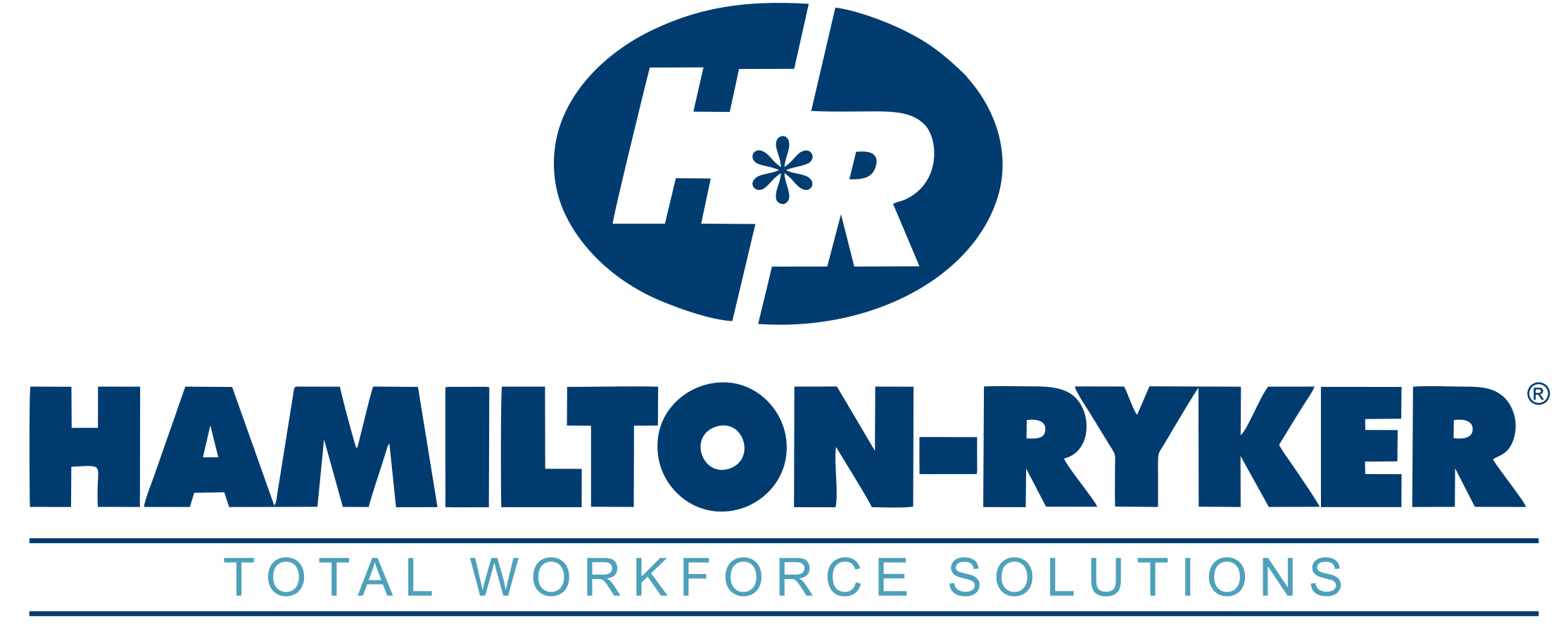Mental Health Awareness Month: Staying Mentally Healthy at Work
Many professionals struggle with the impacts of stress at work. Whether it’s long hours, challenging deadlines, or heavy workloads, it can be challenging to bear. In some cases, it may even lead to anxiety, depression, or burnout. Since May is Mental Health Awareness Month, it’s wise to consider how your career, workplace, and work habits impact your mental health. That allows you to increase awareness and spot opportunities worth seizing, ensuring you’re able to care for yourself mentally even if you face challenges on the job.
Along with that, it’s an excellent time to explore techniques that can support your mental health. If you aren’t sure where to begin, here are some tips for staying mentally healthy at work.
Spend Time Reflecting
It’s not uncommon for professionals to overlook how their work makes them feel. In recognition of Mental Health Awareness Month, take a moment to reflect on your work life.
Don’t just focus on the state of your career. Instead, dig into how your role and responsibilities impact you mentally and emotionally. Gauge how your stress levels are being affected on a daily basis or in response to major events.
Additionally, commit to making this kind of self-reflection a habit. By doing so, you can keep track of how your mood shifts, including what factors play a role in those changes. That can improve your self-awareness, making it easier to identify potential triggers or to know when it’s time to take action to combat stress.
Use Your Paid Time Off
If you’ve been burning the candle at both ends or are battling rising stress levels, using your paid time off is a smart move. The occasional break gives you a chance to rest and recharge, making it easier to return to work with renewed vigor and focus.
Plus, using your vacation time can support good mental health. It allows you to get breaks before stress becomes chronic or take time for self-care, reducing your odds of anxiety or depression due to work-related pressures.
Similarly, using sick leave for a mental health day when you’re struggling can also be wise. You’re responding to signals that you need a break, allowing you to maintain mental wellness.
Set Healthy Boundaries
Many professionals develop an always-on mentality. While it’s incredibly common for those who work at home, as their office is always mere steps away, it can also occur if you receive work notifications through your mobile device during off-hours.
Instead of letting work leech into other areas of your life, set healthy boundaries. Make sure you turn off work-related notifications when you’re off the clock. If you work from home, do so in an area that you can close up, like a separate office. That gives you separation, ensuring you can enjoy your time off and get the breaks you need.


